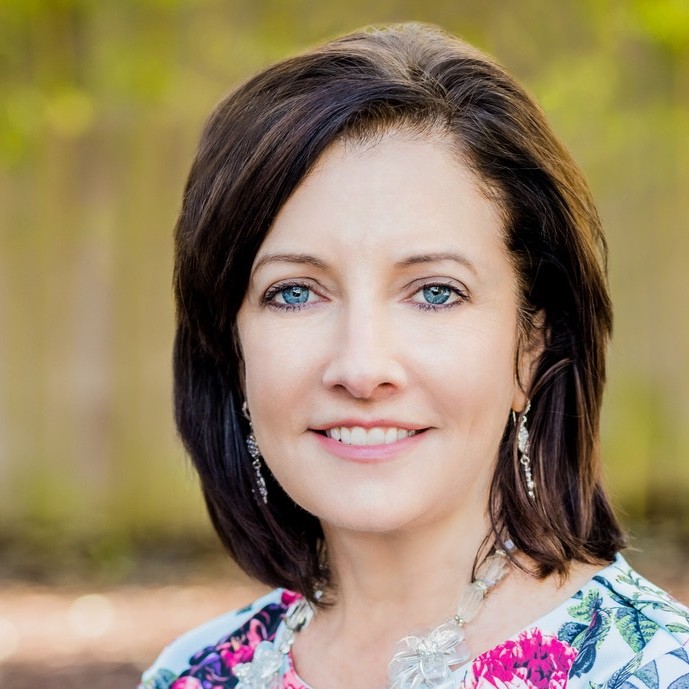A prayer for the communicator: an insider and an outsider both
December 23, 2020
I’ve posted this little meditation a few times over the years, in various places.
I keep coming back to it—and when I do, I’m compelled to bring you back to it, too.
I think it’s especially poignant in times of real social change—and especially valuable to people in midlife, people with mortgages and jobs and raggedy families and a growing sense of finite remaining years of life who wonder all the time (and usually in secret) if they are being as useful as they can.
And I think it’s especially useful right now, as we each break for a rest after a hard and disorienting year—and to ready ourselves for what will inevitably be one more.
It’s by my first publisher Larry Ragan, one of the most influential stylists I ever read. A former corporate communicator, Larry became a publisher of trade newsletters for communicators.
In a little Catholic newsletter sometime in the 1960s, Larry wrote:
There are the insiders and the outsiders. Two kinds of people. Two ways of looking at life. Two ways of making things happen.
The outsiders raise hell. they demonstrate; they organize marches. They issue reports that excoriate the establishment, challenge the status quo, appeal to all who thirst for justice.
The insiders? Often dull. The insiders speak a different language: they know the tax tables, the zoning variations, the assessment equalizers, the square-foot cost to educate the kids. You’ll find them on the school board, city government, on the village board. Ordinarily not word people, they have mastered the art of the platitude.
Outsiders are often wild. At first, they don’t seem to make sense. The first black kids who sat at a lunch counter and refused to move were outsiders. The first marchers to Selma were outsiders. Surely it was an outsider who first proposed the shocking idea that the generic “he” is a sexist word. Dorothy Kay, who in the 1950s stopped Manhattan traffic to protest atom bomb tests, was an outsider.
Please God, let us always have outsiders and give me the grace, in my better moments, to know how to be one. But I’m torn because I want to be an insider too. The insiders resist the first answer that comes to them: they have heard it before. They are offended when they see the world’s complexities reduced to slogans shouted into a microphone or preached at a town hall meeting. They are saddened when they hear someone argue that God is on his or her side, and they wonder why God doesn’t speak so clearly to them.
Sometimes you’ve got to feel sorry for the insiders. When they win, few know of their victory. When they go wrong, their mistakes are branded as evil. Often they share the goals of the outsider but continue to say, “things aren’t that simple.”
The world is filled with people who like to feel they are right. Insiders are not always certain they are right. They are unhappy when they must resist the simplicities of popular sloganeering. So when we tip our hats to outsiders, as so often we must, let’s not do so with such vigor that we fail to give two cheers to the insider.
It’s this line that seems even more relevant than when it was written: “Please God, let us always have outsiders and give me the grace, in my better moments, to know how to be one. But I’m torn because I want to be an insider too.”
I live in a world where a Black gay woman ran for mayor of Chicago a few years ago and I was getting notices from some friends to my left not to vote for her because she was using her creds—as a Black gay woman, in Chicago—to conceal her brutal establishment agenda. In that scenario, when I supported Lori Lightfoot, was it as a progressive or a conservative, an agent of change or a defender of the status quo—an insider or an outsider? (In any case—these days, those folks are saying, “I told you so.”)
Everyone feels like an outsider this year—especially Trump voters. And everyone behaves like an outsider—throwing words like rocks. No one wants to take responsibility for being an insider; no one wants to take that rap. And yet many of us are insiders in important aspects of our lives—people working within powerful institutions or industries, always deciding how far to push it, and how fast. And often wondering where to begin, and what to say. No wonder why the speechwriters I look at on these Zoom calls these days look back with eyes that are tired from more than overwork.
Last week I thought to send Larry’s prayer to one of these tortured insiders and outsiders—a close friend, who seems to me under the most terrible pressure, as a chief communicator at an educational institution beset by young agitators for urgent change—change that he and the leader of the institution believe in, but don’t know how to implement overnight. The communicator sent Larry’s prayer to his boss. She called it “beautiful.” And the communicator told me, “It’s utterly perfect for where she and I are right now.”
Where so many of us are right now.
Insiders, and outsiders.
In America.




